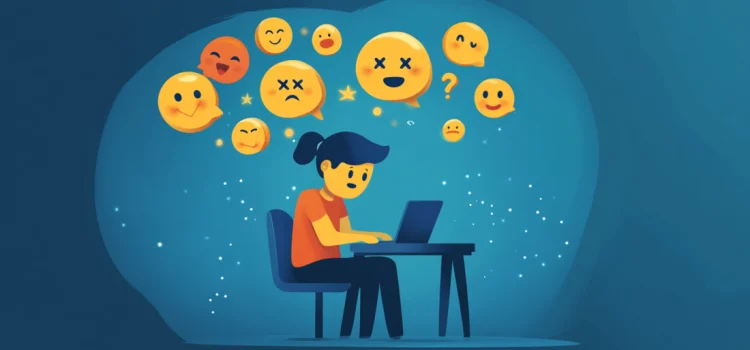Why is it beneficial to have a childlike imagination? How can adults participate in the act of “play”? In their book Wired to Create, Scott Barry Kaufman and Carolyn Gregoire explain that adults with childlike imaginations are more likely to be creative. In many cases, this is a mindset that’s developed during childhood and evolves. Here’s a look at this important characteristic of creativity.
Why Adults With Childlike Imaginations Are More Creative










